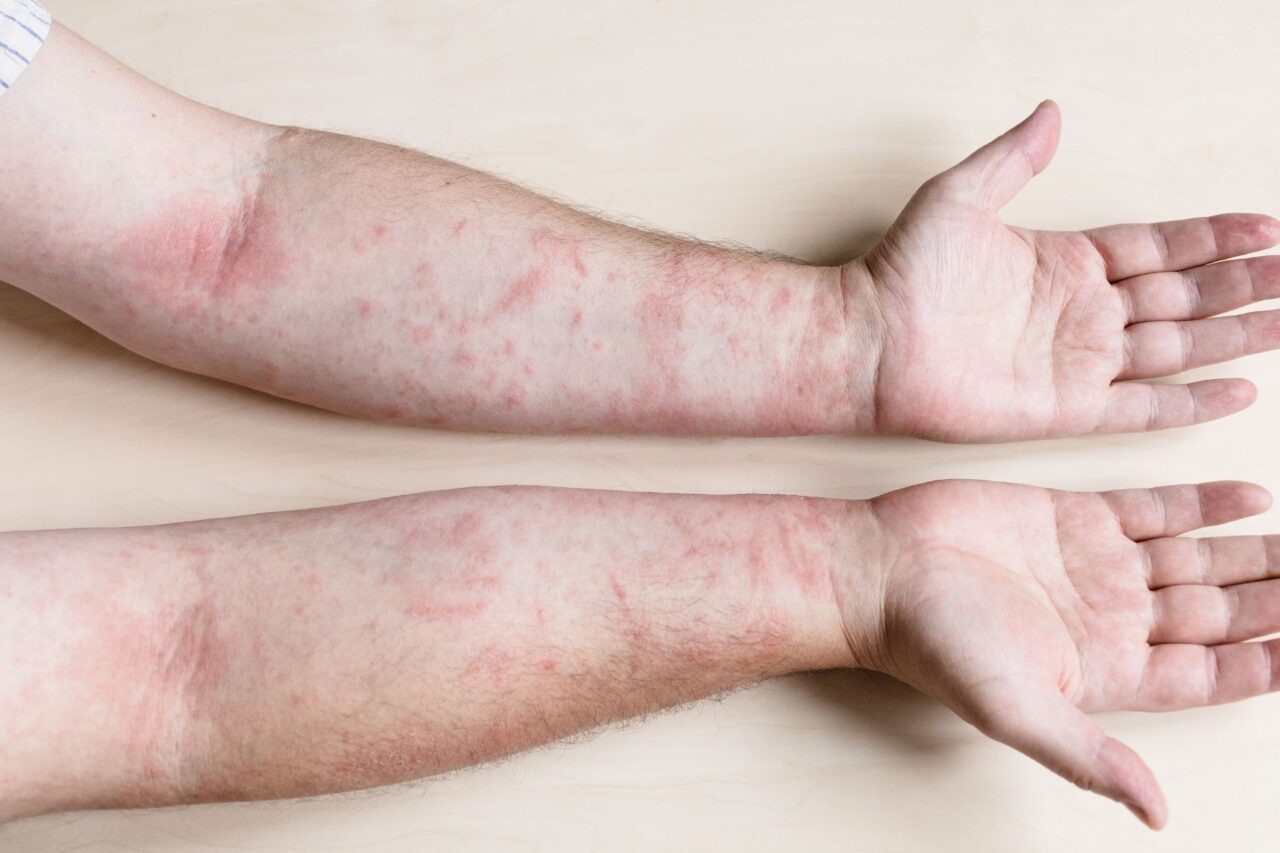Introduction
Welcome to the enlightening journey of understanding Dowling-Degos Disease: Unraveling its Genetic Code. In this article, we will delve deep into this genetic condition, shedding light on its intricate genetic makeup, symptoms, diagnosis, and treatment options. Join us on this quest for knowledge and gain a thorough understanding of Dowling-Degos Disease.
Dowling-Degos Disease: Unraveling its Genetic Code
Dowling-Degos Disease, also known as DDD, is a rare and complex genetic skin disorder that has intrigued medical professionals and researchers for years. This section will serve as a comprehensive overview of this condition.
What is Dowling-Degos Disease?
Dowling-Degos Disease, often abbreviated as DDD, is a rare genetic disorder characterized by the development of small, dark, and raised bumps on the skin. These lesions primarily affect areas with a high concentration of sebaceous glands, such as the groin, armpits, and neck.
Genetic Underpinnings
The genetic code behind Dowling-Degos Disease is intricate and intriguing. Researchers have identified specific mutations in the genes KRT5 and POFUT1, which play a pivotal role in the development of this condition. These mutations lead to the abnormal proliferation of skin cells and the formation of characteristic pigmented lesions.
Symptoms and Manifestations
Individuals with Dowling-Degos Disease typically experience a range of symptoms, including:
- Small, dark, and raised bumps on the skin
- Hyperpigmentation and scarring in affected areas
- Itching and discomfort
- Psychological distress due to visible skin changes
Diagnosis and Genetic Testing
Diagnosing Dowling-Degos Disease often involves a combination of clinical examination and genetic testing. Genetic testing is crucial for identifying the specific mutations responsible for the condition, aiding in accurate diagnosis and potential treatment strategies.
Treatment Options
While there is currently no cure for Dowling-Degos Disease, several treatment options can help manage its symptoms. These may include topical medications, laser therapy, and genetic counseling for affected individuals and their families.

Exploring the Genetics Behind Dowling-Degos Disease
This section will provide an in-depth exploration of the genetic components that contribute to the development of Dowling-Degos Disease.
The Role of KRT5 Gene
The KRT5 gene, also known as Keratin 5, is a key player in the development of Dowling-Degos Disease. Mutations in this gene disrupt the normal formation of keratin, leading to the formation of pigmented skin lesions.
POFUT1 Gene Mutations
Mutations in the POFUT1 gene, encoding the protein O-fucosyltransferase 1, have been linked to Dowling-Degos Disease. Understanding how these mutations affect skin cell behavior is crucial for developing targeted therapies.
Genetic Variability
Dowling-Degos Disease exhibits genetic variability among affected individuals. This section will explore the various mutations and their implications for disease severity and progression.

FAQs
Is Dowling-Degos Disease hereditary?
Yes, Dowling-Degos Disease is hereditary, and it follows an autosomal dominant inheritance pattern. This means that an affected individual has a 50% chance of passing the condition on to their offspring.
Can Dowling-Degos Disease be prevented?
Currently, there is no known way to prevent Dowling-Degos Disease, as it is a genetic disorder caused by specific mutations.
Are there any support groups for individuals with Dowling-Degos Disease?
Yes, there are several support groups and online communities where individuals with Dowling-Degos Disease and their families can connect, share experiences, and seek guidance.
What is the prevalence of Dowling-Degos Disease?
Dowling-Degos Disease is considered a rare condition, with prevalence estimates varying among different populations. It is more commonly reported in individuals of African or Asian descent.
Are there any experimental treatments for Dowling-Degos Disease?
Researchers are continually exploring potential treatments, including gene therapies and targeted interventions. However, these treatments are still in the experimental stage and require further investigation.
Can Dowling-Degos Disease affect the quality of life?
Yes, Dowling-Degos Disease can impact an individual’s quality of life due to its visible skin changes and associated symptoms. Psychological support and counseling can be valuable in managing the emotional aspects of the condition.
Conclusion
In conclusion, Dowling-Degos Disease: Unraveling its Genetic Code is a complex genetic disorder with a fascinating genetic makeup. Understanding the role of genes like KRT5 and POFUT1 in its development is crucial for future research and potential treatments. While living with Dowling-Degos Disease can be challenging, support, and information are readily available to help affected individuals lead fulfilling lives.
Thank you for joining us on this enlightening journey of exploration. If you found this article valuable, please consider hitting the like button.




